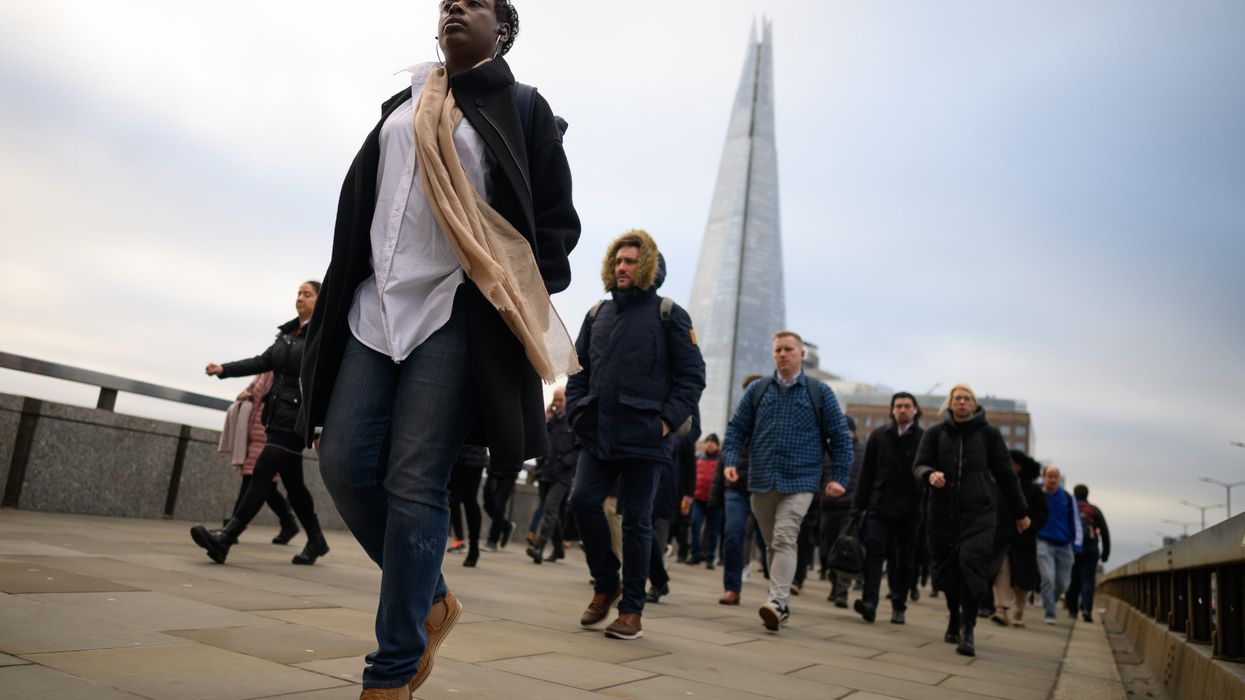LAYOFFS, working from home and misguided tips on how to get ahead are hindering moves by financial firms on inclusion and diversity, British industry executives said last Wednesday (27).
The Financial Conduct Authority and the Bank of England last week set out proposals for the mandatory reporting of data on diversity and inclusion to improve representation.
Mitra Janes, global head of diversity and inclusion for investment banking at HSBC, said the shift to working from home that began during the Covid-19 pandemic had led to fewer ad hoc in-person interactions between people of different backgrounds and ethnicity that helped challenge stereotypes and biases.
Speaking at a City & Financial industry conference in London, Janes added that some black and other ethnic minority staff have felt more comfortable working from home, as they did not need to watch out for “microagressions”, referring to verbal or behavioural slights.
Since the pandemic, banks, insurers and asset managers mhave adopted a range of differing policies on specifying the minimum number of days that employees should spend back in the office environment.
“People are individuals, and myou need to understand who people are on an individual basis, and it’s so much easier when you meet them face to face,” said Dale Headley, director for corporate sustainability at Fidelity International, adding that his organisation supports a hybrid working from home model.
“For younger persons, there is tremendous importance to networking in the office. You don’t learn unless you are in there and seeing the managers.”
Diversity and inclusion efforts often fail when markets get tough and financial firms begin laying people off as it was sometimes unclear how they were selected, which highlighted the importance of networking, Headley said.
Janes added that junior staff and people from under-represented groups were sometimes told to find something in common with their boss, such as golf or wine tasting, to help get pay rises and promotions, but this was the wrong approach.
“Stop trying to fix the people and start fixing your processes,” she said, adding that firms needed to drill down into the “lived experience” of under-represented people to avoid employee surveys being skewed by the view of the majority




